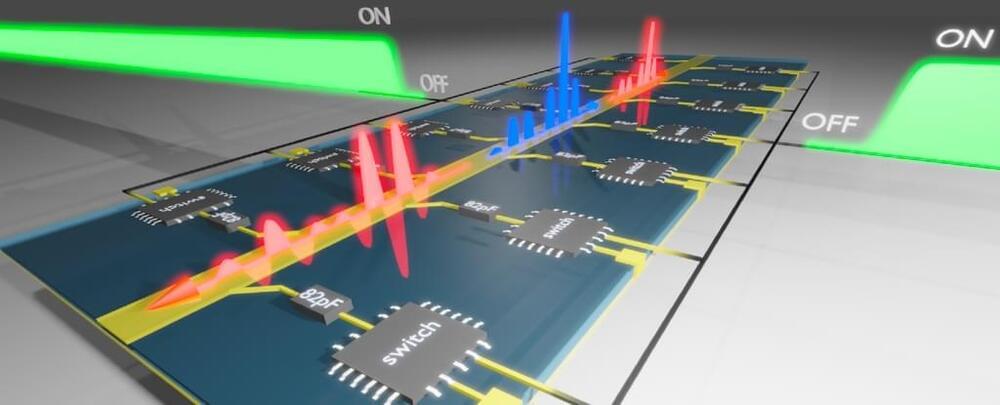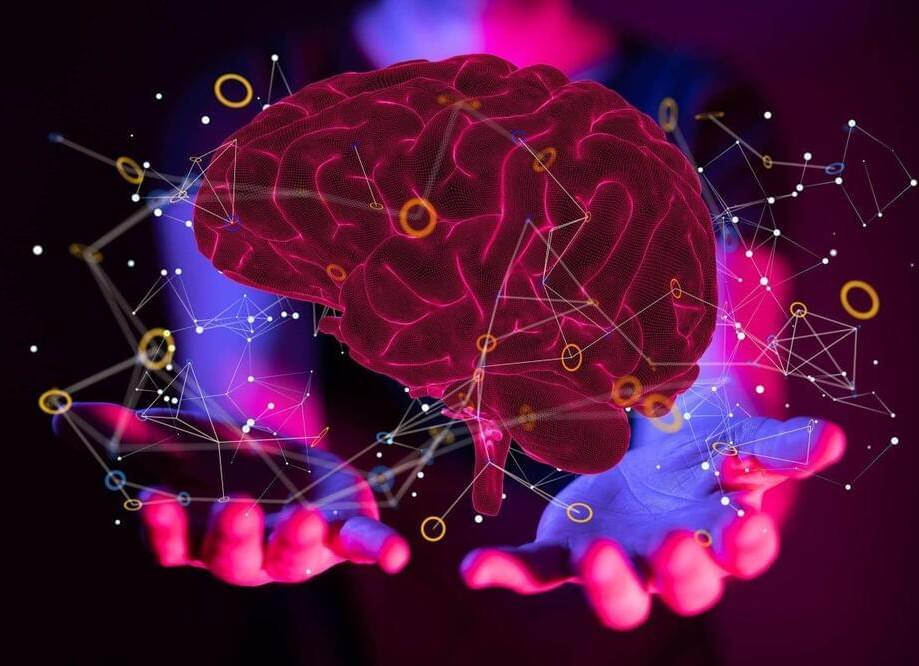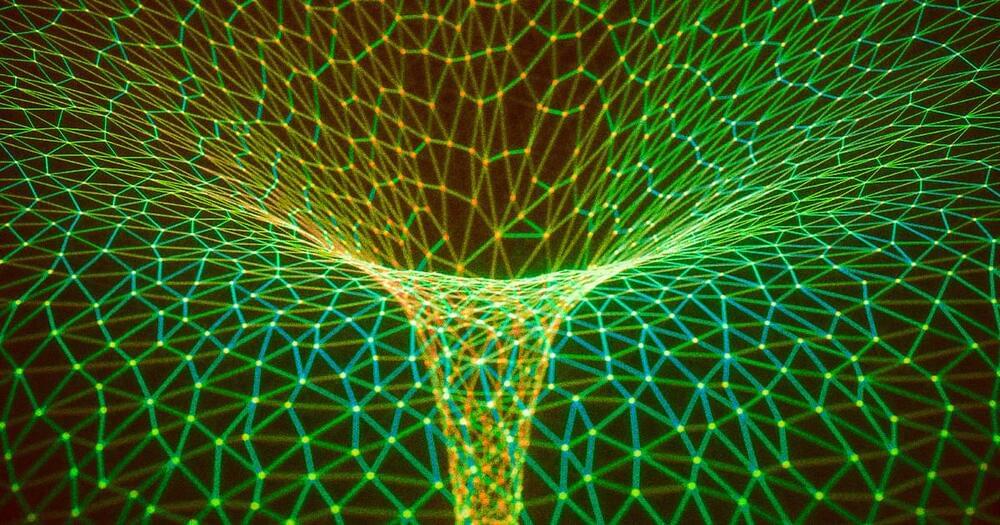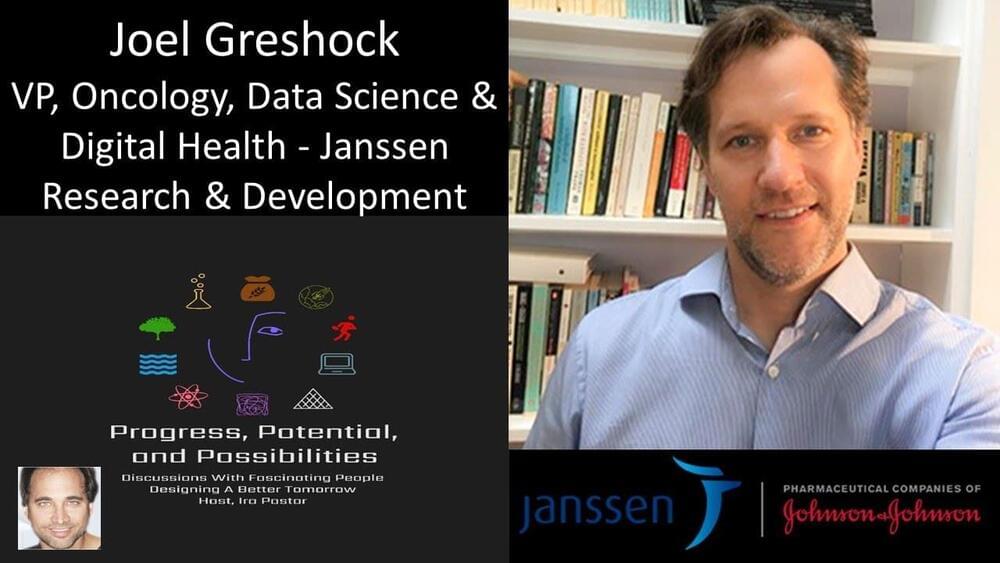Mar 14, 2023
‘Time Reflections’ Finally Observed by Physicists After Decades of Searching
Posted by Paul Battista in category: physics
Walk through a maze of mirrors, you’ll soon come face to face with yourself. Your nose meets your nose, your fingertips touch at their phantom twins, stopped abruptly by a boundary of glass.
Most of the time, a reflection needs no explanation. The collision of light with the mirror’s surface is almost intuitive, its rays set on a new path through space with the same ease as a ball bouncing off a wall.
For over sixty years, however, physicists have considered a subtly different kind of reflection. One that occurs not through the three dimensions of space, but in time.










 עברית (Hebrew)
עברית (Hebrew)







